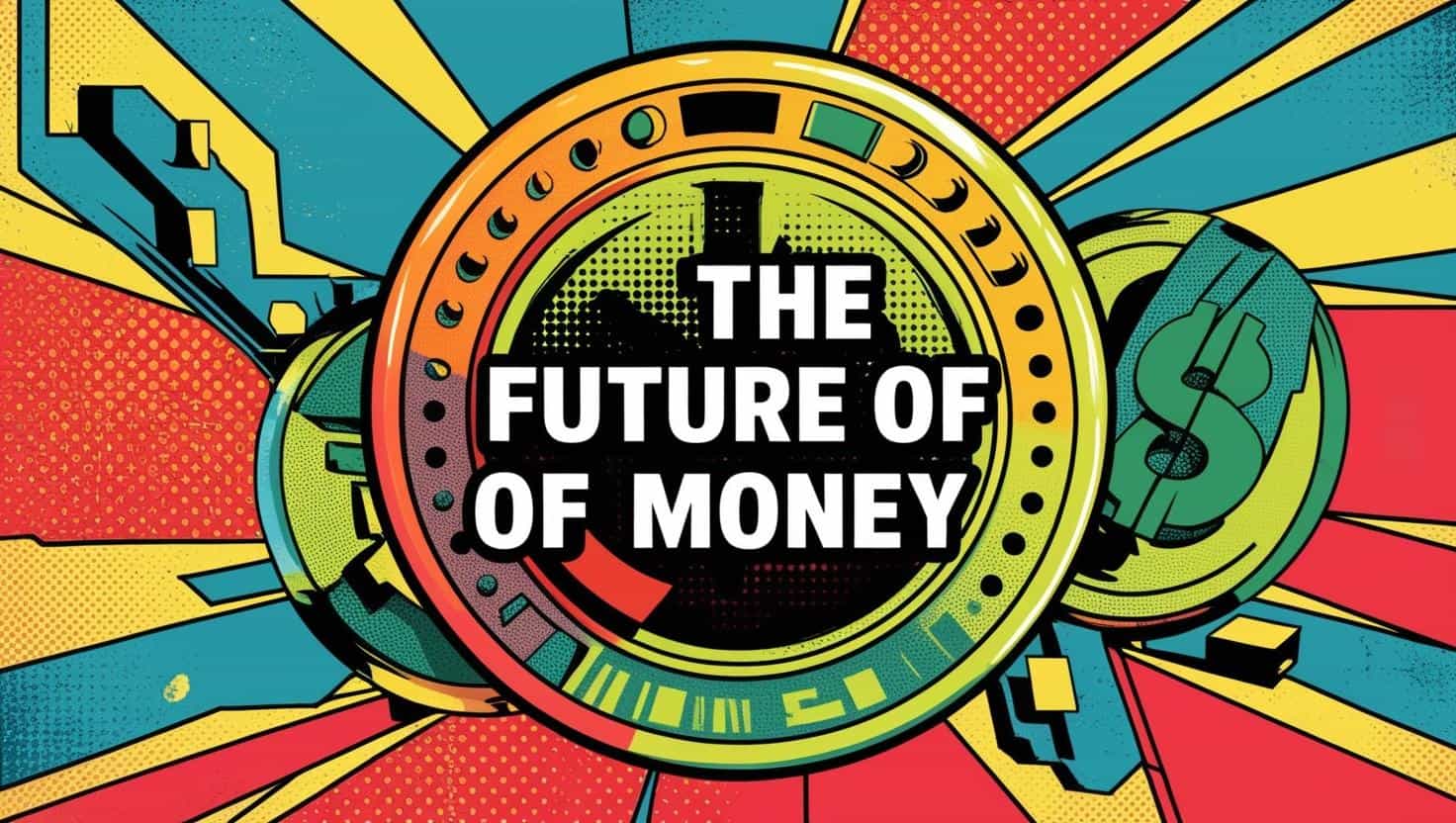
The future of money is unfolding before our eyes—and it’s far more than the shift to cashless payments or the rise of crypto. We’re moving beyond the traditional view of money as a static, universal medium of exchange, entering an era where value is fluid, tokenized, and deeply personalized.
This transformation isn’t just being powered by technology; it’s being co-created by imagination, community, and evolving infrastructure. Together, these forces are redefining the financial landscape—from the way we transact and assign worth, to how we navigate an economy increasingly shaped by automation and AI.
The Digital Disruption of Traditional Banking
The old banking model is crumbling. Customer expectations have changed. Mobile wallets now outpace credit cards. Digital-first players like Alipay, WeBank, and Nubank are redefining customer experience by using technology not just as a channel, but as the foundation of their business model.
In contrast, many incumbent banks are still siloed—organized around products like mortgages and credit cards instead of experiences. And that’s a problem. The friction built into legacy systems makes it harder for traditional banks to compete, not because the tech doesn’t exist, but because culture and organizational structure haven’t caught up.
Today’s fastest-growing financial institutions aren’t defined by branches or physical presence. They’re defined by seamless interactions. That shift represents not just a new generation of tools—but a new philosophy of banking.
Cross-Border Payments Are Changing
One area of rapid transformation is cross-border payments. Historically, these were complicated, slow, and expensive. But partnerships like the one between SWIFT and Wise (formerly TransferWise) are changing the game. Combined with the rise of tokenized assets and central bank digital currencies (CBDCs), we’re approaching a future where borders matter far less in financial transactions.
Automation via smart contracts is also removing friction from global money flows. But here’s the catch: traditional banks have no prior experience with smart contracts or digital assets. That creates an urgent need for both education and operational reinvention.
Future of Money: Banking Culture Needs to Catch Up
Many of the technical challenges in banking have already been solved. The bigger issue is human. Bank staff—from executives to tellers—need to embrace a new mindset. They must become more curious, more collaborative, and more comfortable with uncertainty.
That kind of cultural shift takes time. But the pace of technological change doesn’t wait. If banks are going to survive, they must build new learning ecosystems. They must cultivate communities of innovation inside and outside the organization.
The role of leadership is to guide this change. Not by holding on to control, but by supporting distributed decision-making and real-time learning.
The Age of Radical Uncertainty
As technology accelerates, we’re also living through rising geopolitical risk. The speed of change, both globally and locally, has never been faster—or harder to predict.
The key theme emerging here is “radical uncertainty.” Decision-makers can no longer rely on five-year roadmaps or static strategies. Instead, they must build systems that can adapt in real time. They must ask better questions, challenge assumptions, and stay comfortable with ambiguity.
In short: the ability to think critically is now a survival skill in finance.
Tokenization and the Redefinition of Value
The future of money is also the future of value. Tokenization—the process of converting assets into digital tokens—will play a massive role. Everything from currency to carbon credits, real estate, and identity could soon be tokenized and traded on digital platforms.
This shift changes how we define wealth. It also changes how we store and transfer it. By 2030, some estimates suggest $16 trillion worth of assets could be tokenized. That’s not a fringe idea—it’s a financial revolution in motion.
The implication is profound. We’ll need new frameworks to manage tokenized assets, measure their worth, and ensure interoperability between platforms. That means new rules, new technologies, and new leaders.
Artificial Intelligence Is a Game-Changer
AI isn’t the future. It’s already here—and it’s redefining every aspect of finance. From fraud detection to customer service, credit scoring to investment advice, AI is doing work that used to belong to armies of humans.
And that’s just the beginning.
The real disruption will come when AI automates the back-end systems that define how banks operate. At that point, banks as we know them could become invisible, embedded within other experiences or entirely replaced by intelligent systems.
In this world, there will be two types of banking professionals: those who work with AI, and those who lose their jobs to it. The challenge for today’s workforce is to reskill, rethink, and stay ahead of the curve.
Beyond Capitalism: New Models for the 2030s and Beyond
Looking further ahead, we may even need to rethink capitalism itself. As automation eliminates the need to “work to survive,” society could shift toward new value systems. Imagine a future where income isn’t tied to a job, and value is defined by contribution, creativity, or sustainability rather than profit.
In such a world, data privacy, identity, and access may become the new currencies. Financial inclusion could expand dramatically, driven by digital tools that bring previously excluded populations into the fold.
This isn’t science fiction. It’s already beginning, and the way we prepare for it will define who leads and who falls behind.
Community, Curiosity, and the Human Element
Despite all this change, one thing remains essential: community. Innovation doesn’t happen in isolation. It happens when diverse minds come together, challenge each other, and collaborate across boundaries.
That’s why cross-industry dialogue—between banks, fintechs, policymakers, artists, and technologists—is so critical. It brings unexpected insights, fuels creativity, and helps ensure that the systems we build reflect the values we want to live by.
Above all, we must stay curious. The pace of change is too fast for any one person to keep up alone. But by remaining open, adaptable, and eager to learn, we can shape the future of money—and value—into something better than what came before.